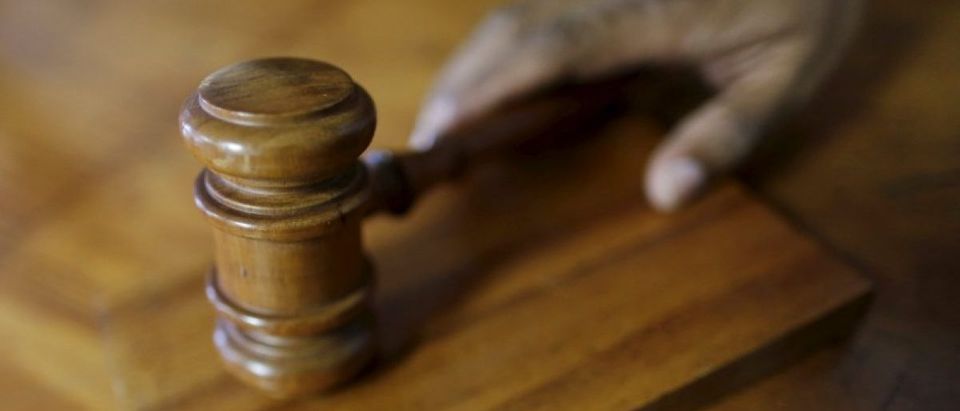Sir Edward Coke, the seventeenth-century English jurist, enunciated one of the fundamental principles of Anglo-Saxon jurisprudence: Coke said that one cannot be the judge of one’s own cause. In other words, if there is a dispute between A and B, the determining judgment in the matter cannot be made by A or B.
Americans in general haven’t heard of Coke. Americans in general think that Coke is a drink and the way the German name Koch is pronounced.
Coke – the jurist – has not at all appeared in the whole matter of the Ninth Circuit Court of Appeals ruling against President Donald Trump and his Department of Justice in the matter of the president’s executive order travel ban. Coke’s absence in the whole matter may be reasonably called a scandal. Coke was absent yet the “800-pound gorilla in the room” at what has become the most cited – and, yes, the most celebrated moment in the February 7, 2017 argument before the Ninth Circuit Court of Appeals. The three-judge panel combined to ask the Department of Justice if any act of the President of the United States was “unreviewable.”
In other words, is there any act of the President of the United States that the judiciary, the courts, cannot review; cannot hear arguments about; cannot rule against?
There was a now-famous long pause. In that pause stood Coke, the 800-pound unnoticed gorilla in the room.
Finally, the long pause, the pregnant silence, ended; and the answer was “Yes.” Yes, there can be an act of the President of the United States that cannot be reviewed by courts.
So why was the president in court? Why was the court reviewing the matter? It was pure Coke. If the President of the United States says that a certain act
or certain acts of the president are “unreviewable” by the courts; and the courts say that no act of the president is “unreviewable,” neither the president nor the judiciary can settle the matter.
That is common sense. That is Coke.
But after that “Yes,” that not reviewable, the Department of Justice immediately backed off and started saying that, of course,
the President of the United States is bound by the United States Constitution. But courts can rule on Constitutional matters. Ever since United States Supreme Court Chief Justice John Marshall in Marbury v. Madison.
So, “Yes,” an act of the President of the United States can be “unreviewable” by the courts; but, er, on second thought, no act of the President of the
United States is “unreviewable” by the courts. It was pure nonsense.
The Department of Justice, on behalf of President Donald Trump, did not have the courage of its “Yes” convictions.
Naturally, the judiciary, the Ninth Circuit Court of Appeals, seized on that lack of courage and performed as the judge of its own cause.
That was pure defiance of Coke; pure rejection of Coke’s eminently reasonable principle that says that one cannot be the judge of one’s own cause.
President Trump aided and abetted that defiance and rejection of Coke when, in his first response to the Ninth Circuit Court of Appeals decision against him, he began a tweet with, “SEE YOU IN COURT”; all capital letters.
When “judicial review” itself is questioned or denied, then, obviously, in accordance with Coke, judges should not decide the matter. That Department of Justice “Yes” denied the existence of judicial review regarding certain acts of the President of the United States.
What to do? What to do if that Department of Justice “Yes” is backed up by
the courage of its convictions? We would have a standoff: A, the President of the United States; B, the judiciary.
The alphabet does not end at B. (The famous wit, Dorothy Parker once said that a certain actress had an emotional range all the way from A to B.) We have heard of C. Coke required C; his very name beginning with the letter.
Congress – another C – can resolve the matter. Alternatively or concurrently, the United States Constitution – yet another C – can be amended.
Congress and/or the Constitution can follow Coke and say that the judiciary cannot be the judge of its own cause.
A fourth branch of government must be created. It would exist to settle disputes where the very authority or capacity of the judiciary is questioned or denied. Needless to say, judges would be excluded from this fourth branch of government. In a new and necessary way, “We the people” would speak.
James T. Anderson is a composer and musicologist in Palo Alto, California.


